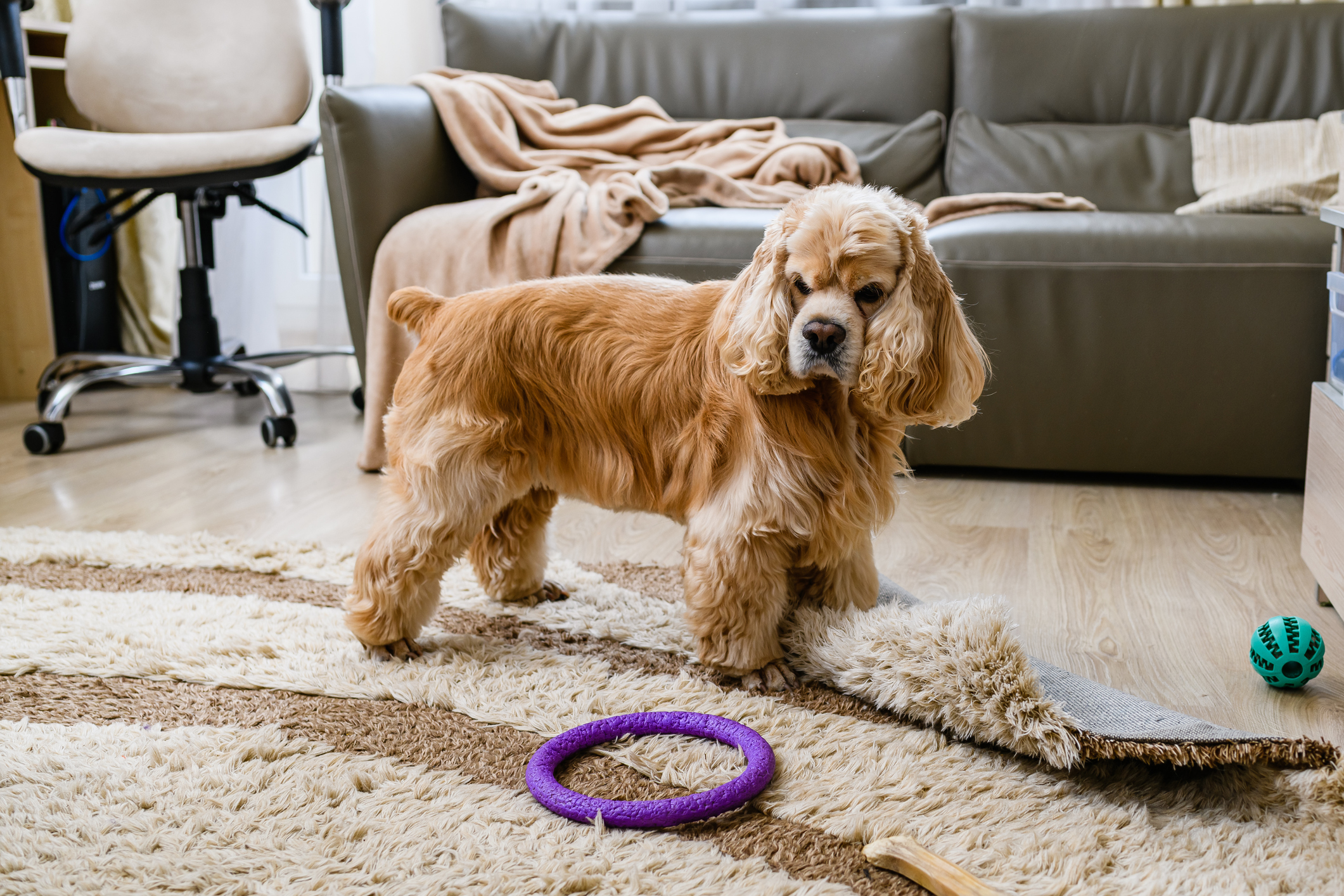When the weekend arrives during the summer months, if the weather cooperates, many people seize the opportunity to spend time outdoors gardening, cycling, golfing or boating. But a rainy Sunday afternoon can also be a great opportunity to declutter and tackle any indoor home projects. Seniors who keep their homes free of trip hazards and in good repair can avoid falls that often lead to hospitalization and injury.
June is National Safety Month, and this year’s theme is “Stand Up to Falls”. According to the Centers for Disease Control and Prevention, adults over 65 are most vulnerable to falls – the leading cause of injuries and injury-related deaths in this demographic. Each day in the United States, 10,000 Baby Boomers reach the age of 65, and although many seniors today are active and enjoy greater longevity, more than 1 in 4 seniors report falling. Emergency rooms treat more than 3 million older adults annually for falls in the U.S. alone.
Fall prevention starts at home where most falls occur. Removing clutter, throw rugs, or other trip hazards, adding grab bars in the bathroom, improving lighting and installing railings along hallways and all stairs can help keep seniors safer at home. Hip protectors may prevent a fracture in the event of a fall.
Older adults can also reduce their risk of falling by staying active with regular physical activity that includes balance and strength-building exercises. A Tai Chi or Yoga practice, along with walking, swimming or cycling can help keep seniors fit while improving balance and muscle strength.
Seniors who have experienced a fall or feel unsteady and worry about falling should talk with their doctor about physical therapy that can help address these concerns. Older adults should also discuss vitamin D supplements with their healthcare provider to promote bone, muscle and nerve health.
More than 95 percent of hip fractures are caused by falling – usually sideways, and women fall more often than men, comprising three-quarters of all hip fractures. Medications, including some supplements and over-the-counter drugs, can sometimes cause dizziness or lightheadedness that can lead to falls. It’s important to review all medications at least once a year and talk with your doctor or pharmacist about any side effects. Vision screening, proper foot care and sturdy, grippy footwear are also essential to help prevent falls.
Check your risk for falling by following this link to the CDC’s Stay Independent assessment brochure.






Add Your Voice
0 Comments
Join the Discussion